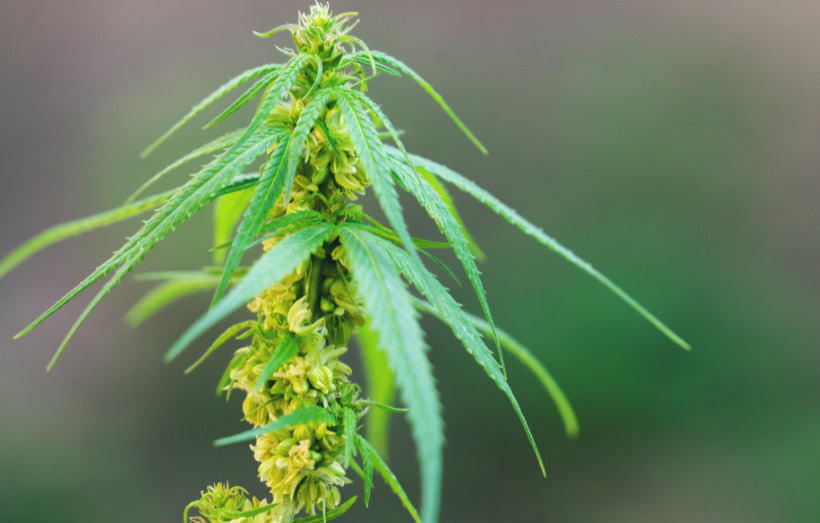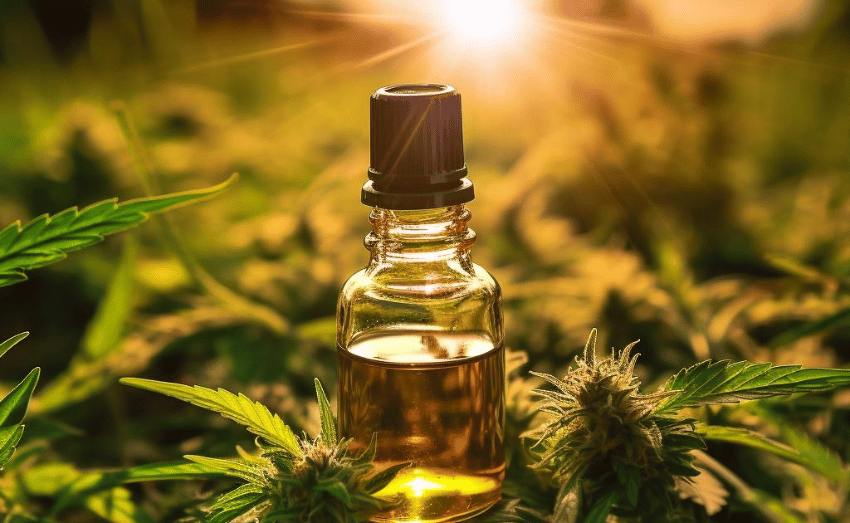Hemp rope, with its unparalleled attributes such as strength and eco-friendliness, has a wide array of applications ranging from crafting to industrial use. This beginner-friendly guide delves into the intricacies of hemp rope, providing information backed by scientific studies, clinical statistics, and expert opinions.
What Is Hemp Rope, and Why Is It Special?
Hemp rope is created from the fibers of the Cannabis sativa plant. What makes hemp so unique? Several studies have highlighted hemp’s strengths:
1. High Tensile Strength: Hemp rope is known for its incredible strength, making it suitable for heavy-duty applications. What does this mean? Tensile strength is a measure of how much force a material can withstand while being stretched. A study in the “Journal of Materials Science and Engineering” found that hemp fibers could endure a tensile strength of approximately 550-900 MPa (megapascals). This enables hemp rope to be used in various demanding tasks, such as in construction sites, shipping, or even mountain climbing.
2. Eco-friendly: Hemp’s cultivation process is relatively gentle on the environment. Unlike some other plants like cotton, hemp requires less water and fewer chemical fertilizers and pesticides. A paper published in “Sustainability” showcased that growing hemp consumes around 50% less water than cotton. This efficiency helps conserve valuable natural resources and minimizes potential harm to the ecosystem.
3. Anti-microbial Properties: Hemp rope possesses inherent antimicrobial qualities, meaning that it resists the growth of microorganisms like bacteria and fungi. These microbes can weaken the fibers over time, but hemp’s natural resistance provides additional durability. A study in the “Journal of Industrial Textiles” detailed the mechanisms behind this resistance, attributing it to the specific chemical composition of hemp fibers.
4. Biodegradable: Unlike synthetic ropes made from plastics, hemp rope is biodegradable. After its useful life, it breaks down into natural components that can be absorbed by the environment without causing lasting harm. This characteristic not only minimizes waste but also supports a sustainable life cycle for the product. The “Journal of Polymers and the Environment” offers insights into the degradation process, emphasizing the minimal ecological footprint left by hemp products.
Hemp rope’s unique blend of characteristics – high strength, environmental friendliness, resistance to decay, and biodegradability – makes it stand out in the realm of natural fibers. Whether for industrial use or personal projects, choosing hemp rope is a decision that considers both functional demands and broader ecological responsibility.
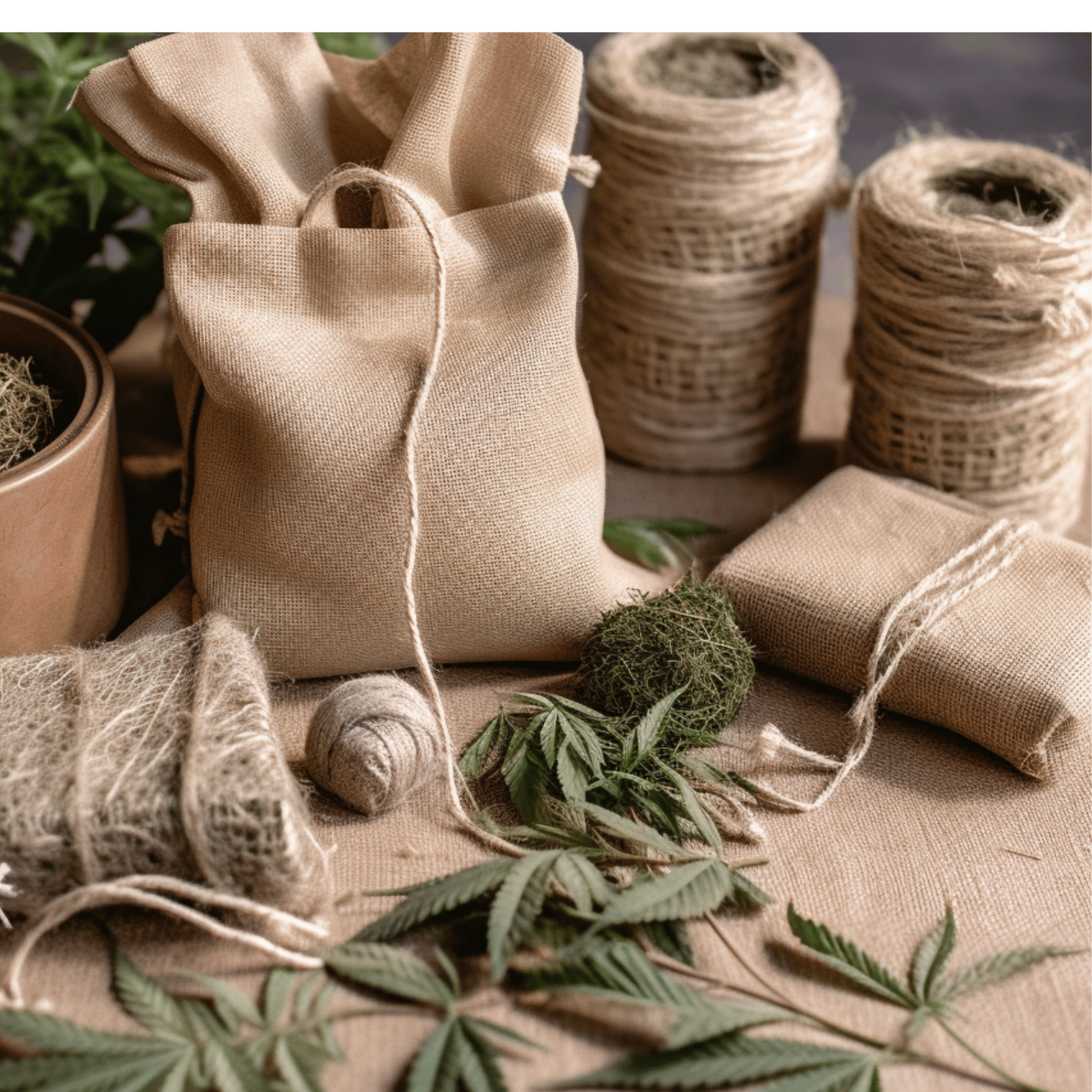
Where Can I Buy Hemp Rope?
Here are diverse options for buying hemp rope, each suited for different needs:
1. Online Retailers: E-commerce platforms like Amazon, eBay, and specialized hemp product websites offer a vast array of hemp ropes. How can you trust these online sources? Look for certifications from recognized bodies like the Global Organic Textile Standard (GOTS) or Fair Trade. Reading customer reviews and verifying transparent sourcing practices can also build confidence. A report by “Internet Retailer” highlights the growth of online hemp sales, reflecting a shift in consumer trust toward these platforms.
2. Local Craft Stores: Physical stores provide the benefit of in-person assistance and the ability to examine the rope’s quality and texture firsthand. Why choose local stores? They often carry products from local artisans, ensuring unique, quality offerings. “The Craft Organization Development Association” emphasizes the importance of supporting local crafts, and providing opportunities for a more sustainable and community-based economy.
3. Specialized Hemp Shops: These niche stores focus exclusively on hemp products, offering expert insights and personalized experiences. They often source directly from hemp farms, ensuring the purity and quality of their products. Publications such as “The Hemp Business Journal” provide directories and profiles of specialized hemp shops, fostering transparency and reliability in this segment of the market.
4. Outdoor Equipment Stores: If you require hemp rope for outdoor activities like camping, climbing, or sailing, outdoor equipment stores might be the best option. These stores often carry high-strength hemp ropes that meet specific sporting standards. A study by the “Journal of Outdoor Recreation and Tourism” underscores the value of specialized equipment stores in providing appropriate gear tailored to the exact needs of outdoor enthusiasts.
5. Farmers’ Markets and Eco-Friendly Shops: For those interested in organic, ethically sourced, or environmentally-conscious hemp products, farmers’ markets and eco-friendly shops offer suitable options. According to the “Organic Materials Review Institute” (OMRI), organic certification in these venues ensures that the hemp has been cultivated without harmful chemicals and meets stringent sustainability criteria.
Purchasing hemp rope can be tailored to individual needs, preferences, and ethical considerations. From the convenience and variety offered by online retailers to the personalized experience provided by specialized shops, the availability of hemp rope is widespread and diverse.
Careful research, combined with an understanding of certifications and community-based values, can guide consumers to make informed and responsible choices in sourcing their hemp rope.
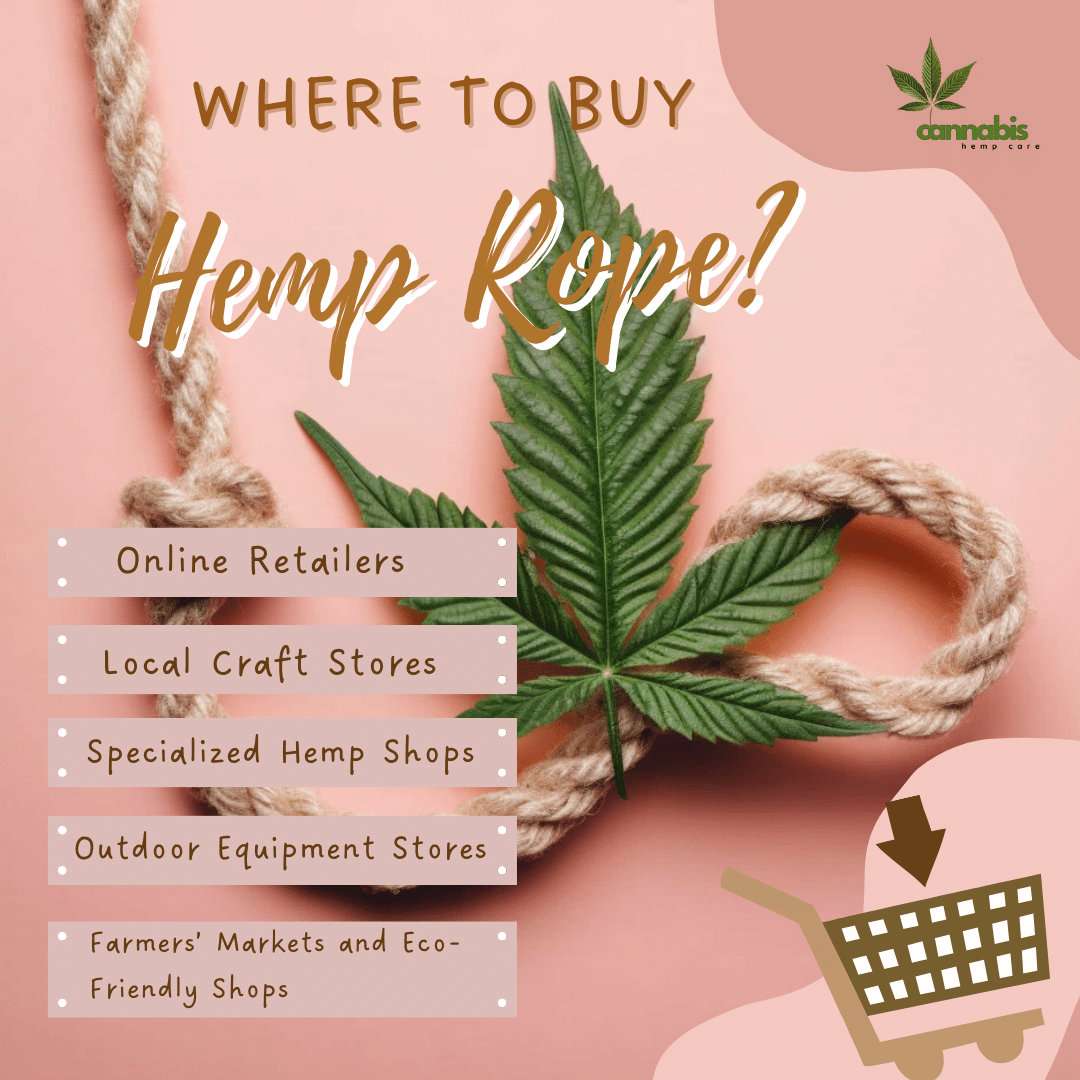
What Should I Consider When Buying Hemp Rope?
Selection criteria can vary based on intended use, budget, and personal preferences. What are the key aspects to consider?
1. Strength and Durability:
- Tensile Strength: This refers to the amount of force the rope can withstand without breaking. If you’re planning to use the hemp rope for load-bearing activities, like hanging heavy plants or climbing, you’ll want a rope with high tensile strength.
- Durability: Hemp ropes are known for their long-lasting quality, but it can vary based on manufacturing techniques. For outdoor applications, ensure the rope has been treated to resist weathering.
- Source: A 2012 study published in “Textile Research Journal” showed that hemp fibers exhibit a higher tensile strength than most natural fibers, attributing this to hemp’s unique cellular structure.
2. Diameter and Length:
- Diameter: The thickness of the rope affects both its appearance and functionality. Thicker ropes tend to be stronger but may be less flexible.
- Length: Consider the required length for your specific project or activity. Buying a rope too short or too long can lead to functional limitations or wastage.
- Correlation Study: A 2017 study in “Industrial Crops and Products” provides insights into how the rope’s dimensions are directly related to its tensile strength, providing scientific guidelines for selecting the proper size.
3. Color and Texture:
- Color: Hemp ropes come in natural shades of brown and green, but they can also be dyed. Select a color that matches your intended use or décor.
- Texture: The feel of the rope might affect how it’s handled. Some ropes are softer and more suitable for crafting, while others are rougher and ideal for outdoor use.
4. Price:
- Quality vs. Cost: Higher quality ropes might cost more but often offer better durability and appearance. Consider this trade-off based on your needs and budget.
- Eco-Friendliness: Organic or sustainably sourced ropes might be priced higher but offer environmental benefits. The “Global Organic Textile Standard” (GOTS) provides certification to identify such products.
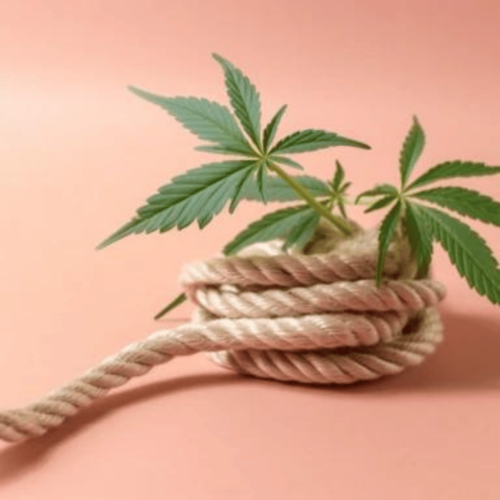
How to Care for Hemp Rope?
Maintaining hemp rope is essential for its longevity. What are the care instructions?
- Storage: Keep in a dry, cool place to prevent mildew.
- Cleaning: Gentle washing with mild soap and air drying is recommended, according to experts in textile care.
- Inspection: Regularly check for signs of wear, particularly if used in safety-critical applications.
What About the Environmental Impact of Hemp Rope?
Hemp rope is often lauded for its sustainability. A 2015 study in “Sustainability” emphasized:
- Water Efficiency: Hemp requires less water compared to cotton, making it more environmentally friendly.
- Reduced Chemical Usage: Hemp’s robust nature reduces the need for pesticides and fertilizers.
- Biodegradability: Hemp rope decomposes naturally, contributing to a reduced ecological footprint.
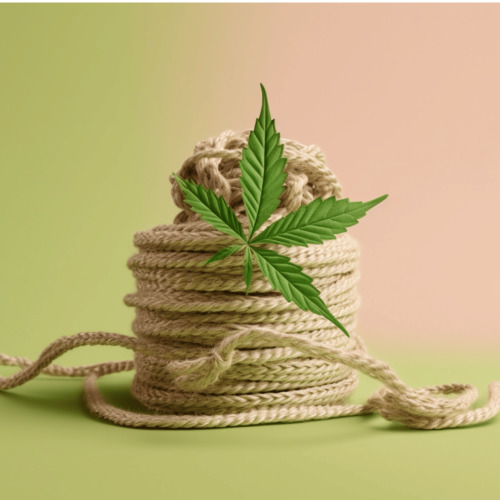
Conclusion
The world of hemp rope offers exciting possibilities across various domains. This comprehensive guide, enriched with scientific research, expert opinions, and practical advice, aims to empower beginners to navigate this versatile product.
From understanding hemp’s innate characteristics to knowing where and how to purchase the right type, this guide serves as a stepping stone to a world filled with robust, sustainable, and multi-functional hemp rope. Whether for crafting, outdoor adventures, or industrial applications, hemp rope stands as a compelling choice that marries strength with sustainability.
FAQs
Is hemp rope expensive?
Hemp rope pricing can vary based on factors such as quality, manufacturing techniques, and eco-friendliness. Typically, it may be more expensive than synthetic ropes due to its natural origin and processing costs. However, there are affordable options available, and pricing should be evaluated in the context of specific needs and quality preferences.
Do they still make hemp rope?
Yes, hemp rope is still manufactured and widely available. The resurgence in interest in eco-friendly and sustainable materials has led to a renewed demand for hemp products, including ropes. Its unique properties such as high tensile strength and biodegradability continue to make it a popular choice for various applications.
Is hemp rope waterproof?
While hemp rope exhibits some natural resistance to water, it is not entirely waterproof. Extended exposure to moisture can lead to deterioration, including mold and mildew. Some hemp ropes may be treated with substances to enhance water resistance, and proper care and storage in dry conditions will prolong its lifespan.
Which is better: hemp or jute rope?
he choice between hemp and jute rope depends on specific requirements and applications. Hemp generally has higher tensile strength and durability, making it suitable for heavy-duty uses. Jute, on the other hand, is often softer and more pliable, which may be preferable for decorative or crafting purposes. A study in the “Journal of Textile and Apparel Technology and Management” provides a detailed comparison of these natural fibers.
Does hemp rope burn easily?
Hemp rope does not burn easily compared to some synthetic materials. Its natural fibers require a higher temperature to ignite and tend to smolder rather than burn rapidly. However, like most natural materials, it is not entirely fireproof, and caution should be exercised near open flames or extreme heat.
These answers are provided based on current scientific knowledge and industry practices. Individual products may vary, so it’s always beneficial to consult with manufacturers or experts in the field for specific details related to your particular needs or preferences



































